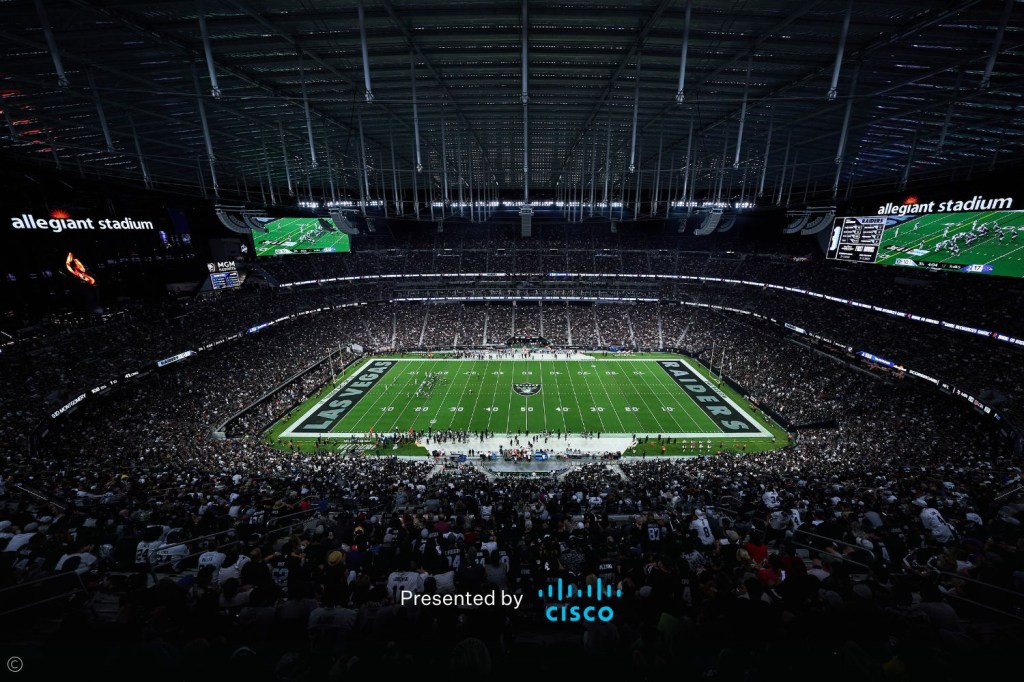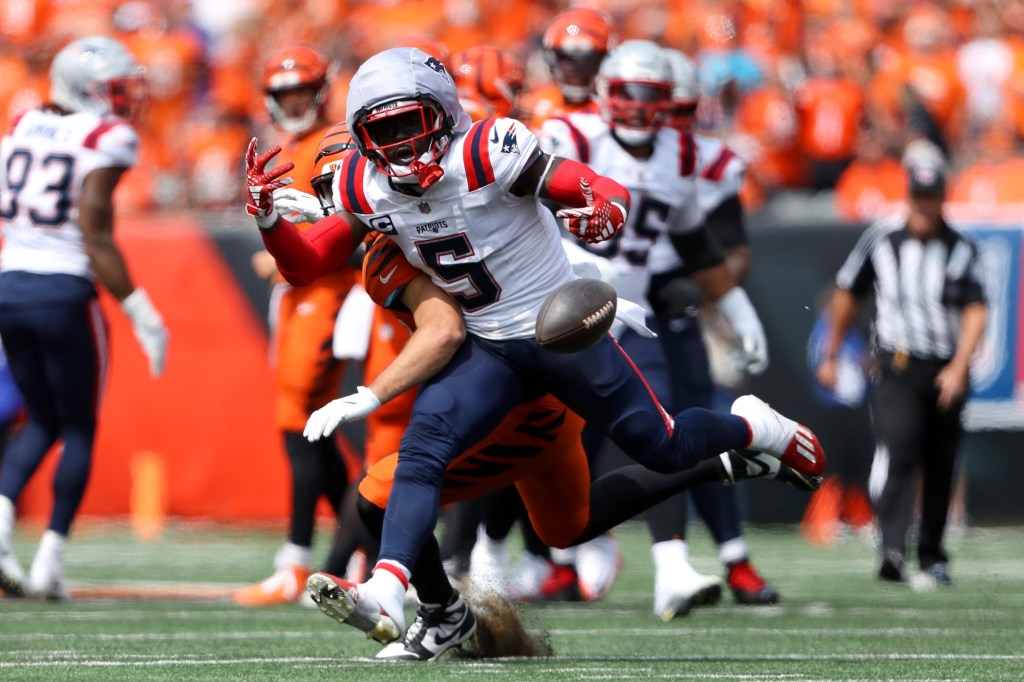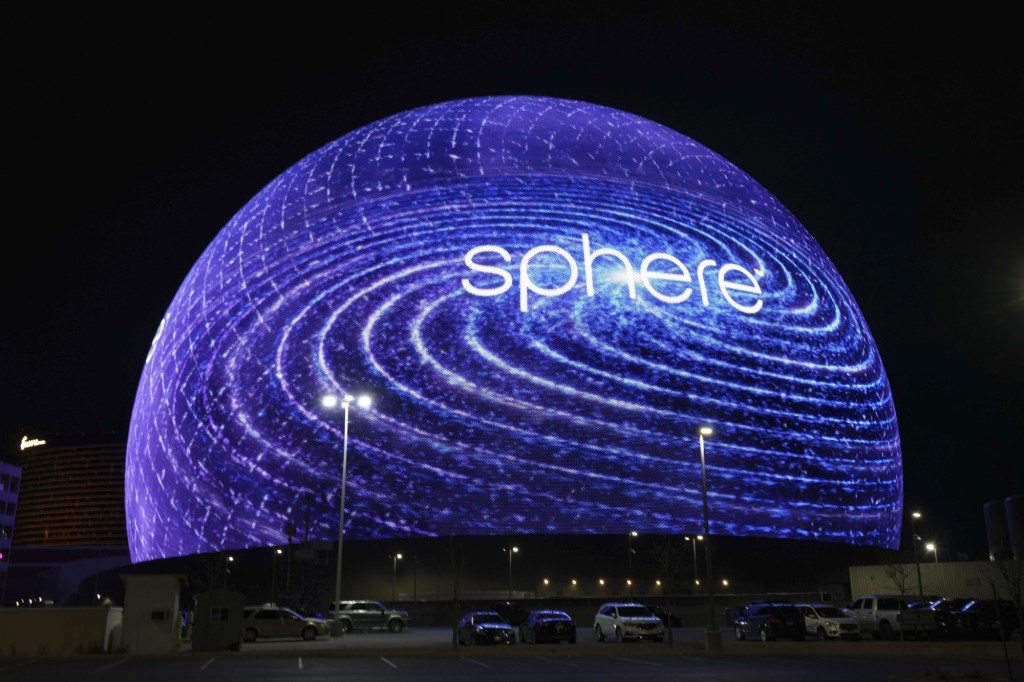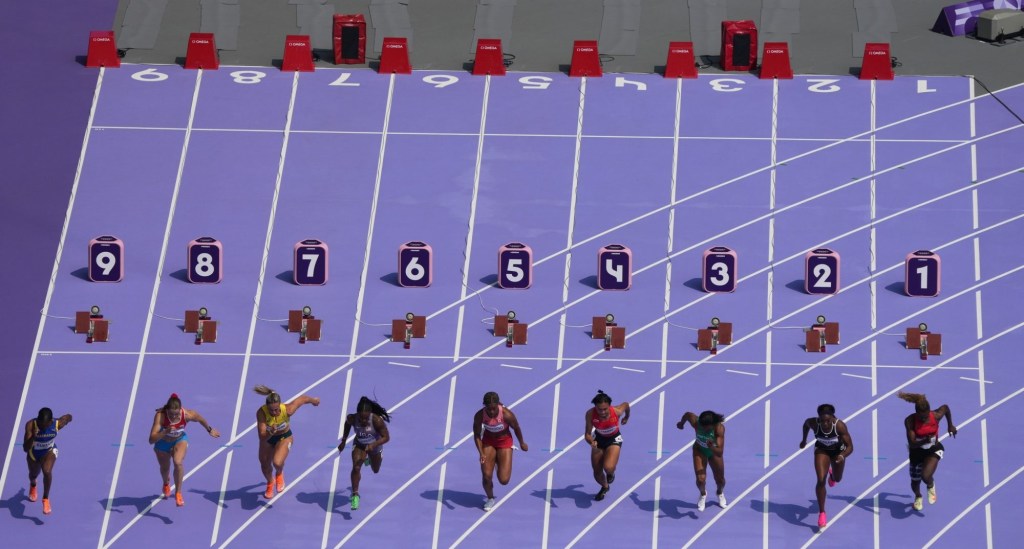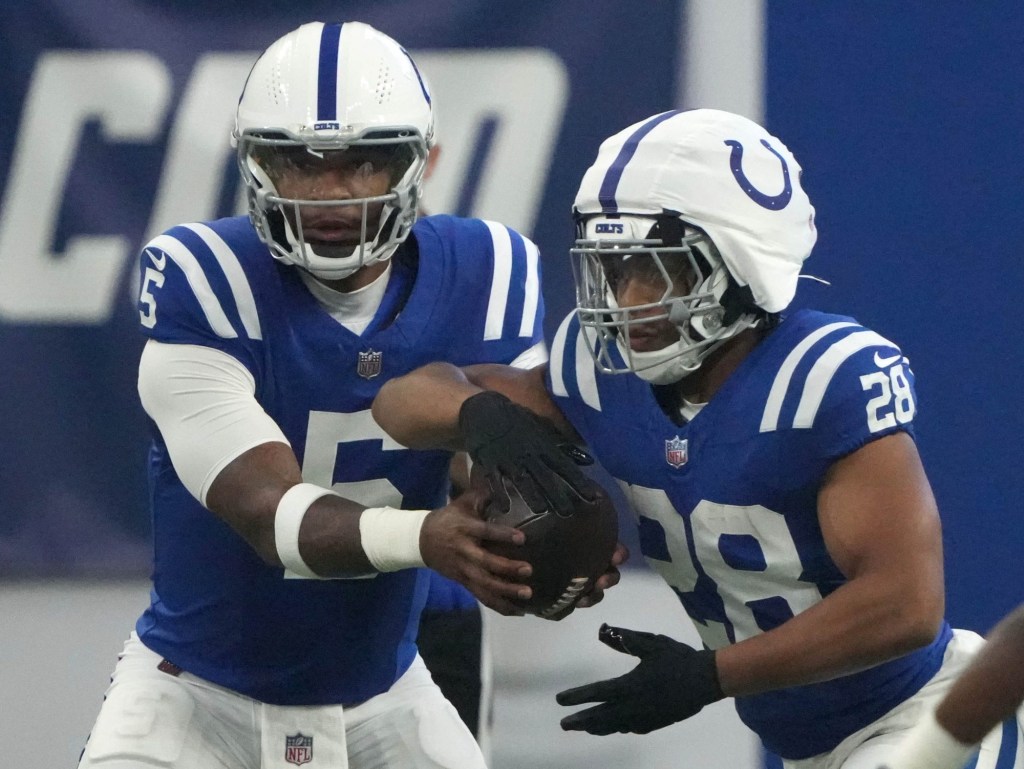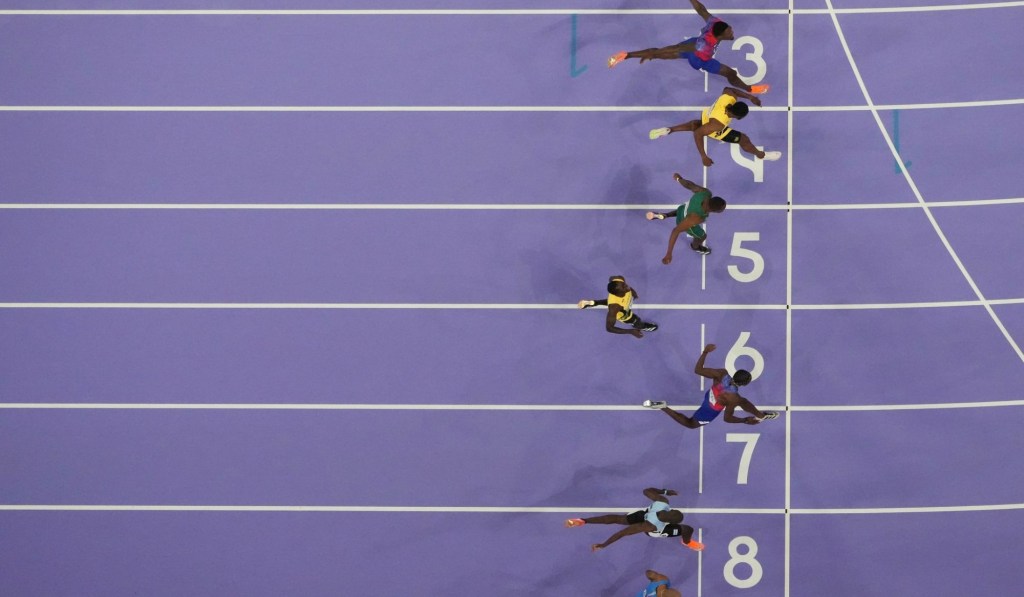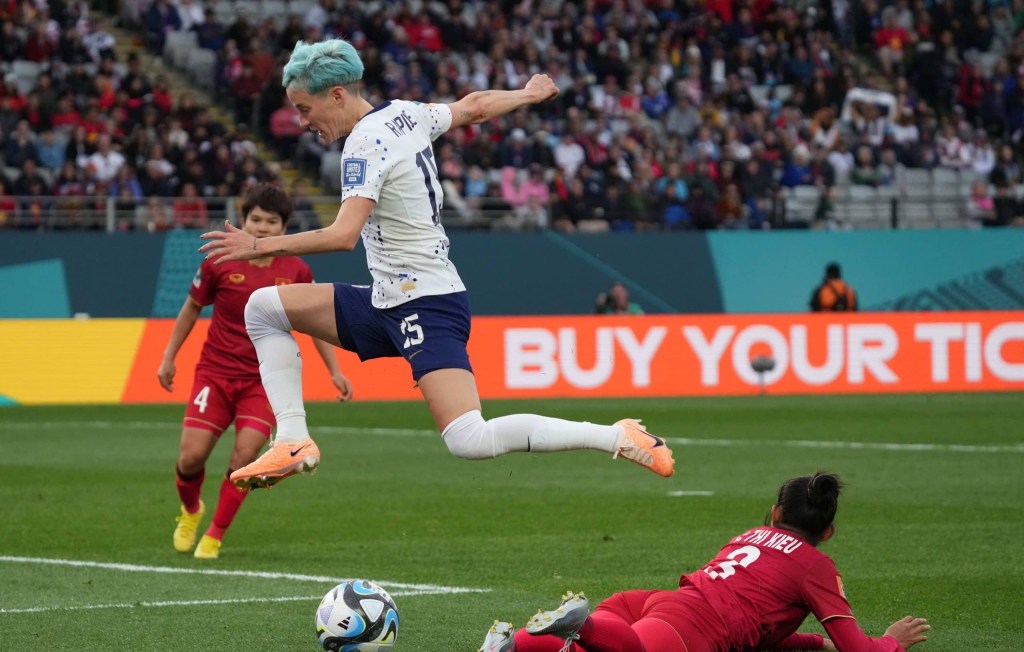While there are plenty of activities synonymous with college football, there are none perhaps more unifying than tailgating. For decades, Saturday mornings across the country’s college campuses have meant games, grilling, and interaction with fellow fans before kickoff.
Since mid-March, college sports have been put on pause due to the coronavirus pandemic. But to ensure the tailgate tradition continues, college football programs are taking it upon themselves to host virtual, social-distanced styled events.
Penn State held its 2020 Blue-White Virtual Tailgate initiative on April 18, which encouraged fans to host virtual tailgates and interact with the Nittany Lions’ football program through their digital channels.
What began as simple posts listing Penn State’s sponsors for its social media followers to support quickly evolved into a more significant idea, Chris Grosse, Penn State assistant athletics director for marketing, said.
“As we progressed it, it became a little more of integrating them into a lot of the programming that we had going on,” he added. “That’s where the relationship with the virtual tailgate initiative started. It was a new initiative that we developed to engage with our fans. We were able to work with our sponsorship folks to bring in different sponsors who could add value to the experience, but also help give them the awareness that they were missing out on because of a lot of canceled events in the spring.”
READ MORE: College Teams And Sponsors Push Digital To Grow Without Sports
For the virtual tailgate – which was done via Zoom – participants had access to custom video conference backgrounds featuring the view from each Beaver Stadium parking lot. Upon registration, they entered into a raffle where they could have a chance to meet a member of the Penn State football coaching staff, former student-athletes, or the Nittany Lion mascot.
That morning, Penn State football’s social media channels published numerous posts, including the release of the 2020 virtual spring game schedule poster, a trivia contest, and a recipe cookbook. Later in the afternoon, 360-degree videos came out of the Blue Band and football team on Facebook, capped off by replays of Penn State classic games like its 24-21 victory vs. Ohio State in 2016 and its 42-13 triumph over Michigan in 2017.
The virtual tailgate was a resounding triumph, according to Grosse. The one-day experience saw more than 700 registered tailgates and 8,000 participants. And the virtual event allowed for plenty of distancing, with 8,812 miles separating tailgaters from Phoenix to Mumbai.
On social media, Penn State football reached more than 3 million people, garnered more than 200,000 social engagements, and #BWVirtualTailgate was a top-trending topic in Pennsylvania.
“It was a full day of events that we built around this concept, and it was super successful,” Grosse said. “I think our fans enjoyed it and enjoyed the relief and the break from everything that was going on around the country and the world. It just gave them a chance to get with their friends and remember the good times and be Penn state fans.”
Like Penn State, Texas football knew that fans were looking forward to the return of spring football. With that no longer being a possibility, Drew Martin, the Longhorns’ executive senior associate athletic director for external affairs, began noticing other college programs experimenting with virtual tailgates.
Martin then approached Marc Jordan, Texas’ assistant director of social and digital strategy, about hosting a virtual tailgate – but with its unique twist. Whereas Penn State’s was a one-time experience, Jordan decided to incorporate the virtual tailgate into something even bigger: #MyTexas. The #MyTexas initiative is the Longhorns’ renewal campaign for their football team this season, putting the focus on their fans and season-ticket holders about their connection to Longhorns football.
The My Texas Tailgate occurred on May 1, with the all-day virtual celebration featuring Texas’ 20 varsity sports. It featured appearances from current student-athletes and head coaches from every team as well as Longhorn alumni.
Fans voted on their favorite Longhorns games from the 2019-2020 season for Longhorn Network to air. They also had access to the Longhorn City Limits “At Home” concert on the Longhorns’ Facebook and YouTube channels. The 90-minute show featured more than 20 artists.
The My Texas Tailgate was the latest example of the Longhorns’ social media success without live sports. From March 12 to May 11, Texas athletics’ official Twitter page had 87,859 and 77,186 engagements and likes, respectively – the most in college sports. Its interaction rate on Instagram during that stretch was a nation-best 2.8%, and it boasts the second-highest engagement rate on Facebook in the country – trailing only Ohio State.
While it was only a one-day event, Jordan believes that the My Texas Tailgate epitomizes what Texas is trying to achieve with its #MyTexas campaign.
“We showed different sides, our coaching staff and our athletes that previously hadn’t been seen by fans,” he said. “It was a huge team effort to get that off the ground and to get it to be as successful as it was.”
READ MORE: Contactless Tech Comes to Colleges for Game Day Sales at Just The Right Time
As the first teams to test out the virtual tailgate, both Grosse and Jordan think that it will be a future fixture in college athletics. Despite the 2020-2021 season’s uncertainty, Jordan sees virtual tailgates as a viable option to engage with fans who might not be able to attend Texas sporting events.
In Happy Valley, Grosse says that he has fielded phone calls from more than 20 schools about Penn State’s virtual tailgate.
There are few football cultures like Penn State and Texas, Kevin Spillman, Navy Athletics director of marketing and promotions, said. With that comes a lengthy history with fans tailgating at events – and although they had to do so from home, it provided the escape that many across the country were looking for.
“It was a perfect time of year – with a lot of those fan bases, they’re selling out their spring games hundreds of thousands of people strong,” he said. “This was the perfect opportunity to do something like that where everyone wants that social interaction.”
While Spillman acknowledged the virtual tailgates’ short-term results, he is uncertain of their long-term relevance. If college athletics resume as planned in September, he is unsure if there will ever be a virtual tailgate again. Spillman believes that watch parties could instead be the way for college teams to connect online with their fanbases.
Grosse is confident that Penn State – along with Texas – provides a strong foundation for other programs to adopt virtual tailgates. Soon, he expects more to pop up all across the country.
“It showed, at least for us, that our fans want to get together, show their Penn State spirit, get together with their tailgater groups, and just talk about the Nittany Lions,” he said. “We were able to pull something off pretty quickly and got great feedback. I can see others utilizing what we’ve done here and building that out around when we get back to [sports] in the fall.”
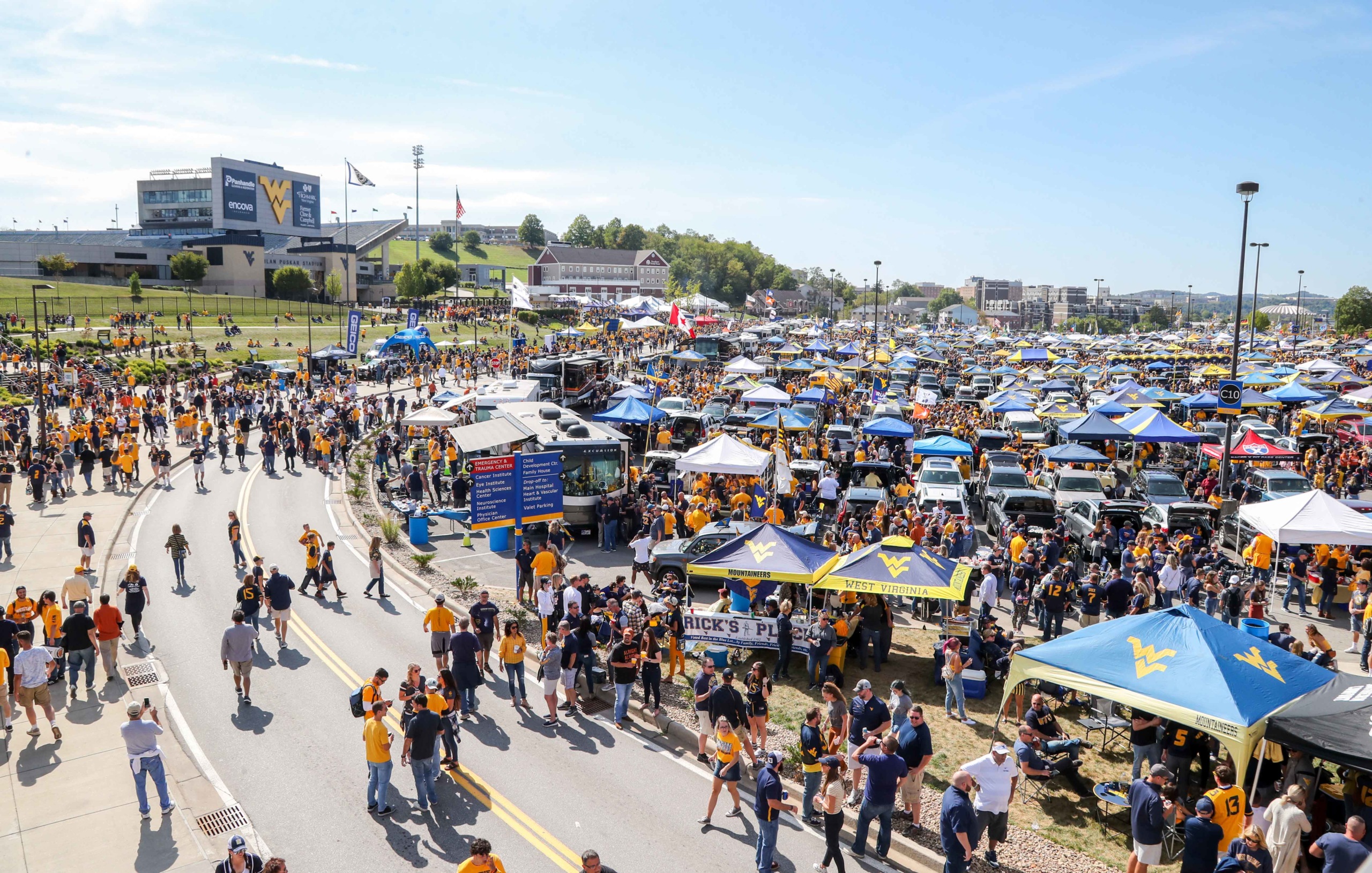




![[Subscription Customers Only] Jul 13, 2025; East Rutherford, New Jersey, USA; Chelsea FC midfielder Cole Palmer (10) celebrates winning the final of the 2025 FIFA Club World Cup at MetLife Stadium](https://frontofficesports.com/wp-content/uploads/2026/02/USATSI_26636703-scaled-e1770932227605.jpg?quality=100&w=1024)



